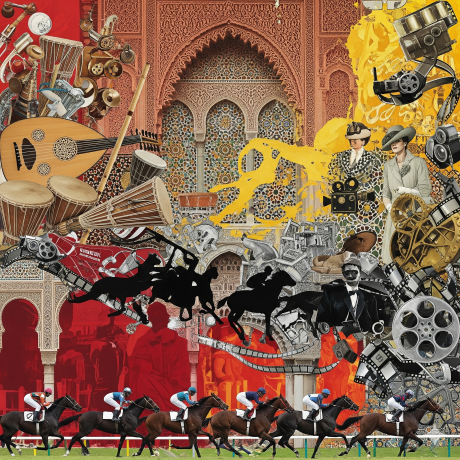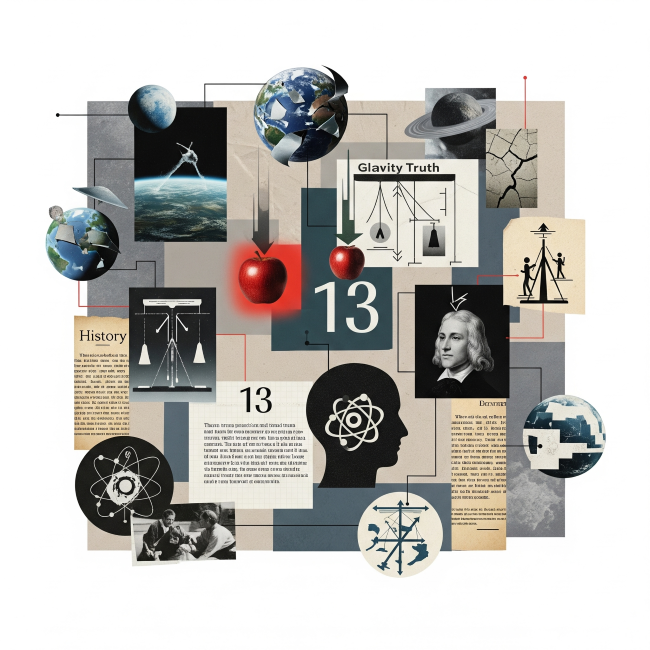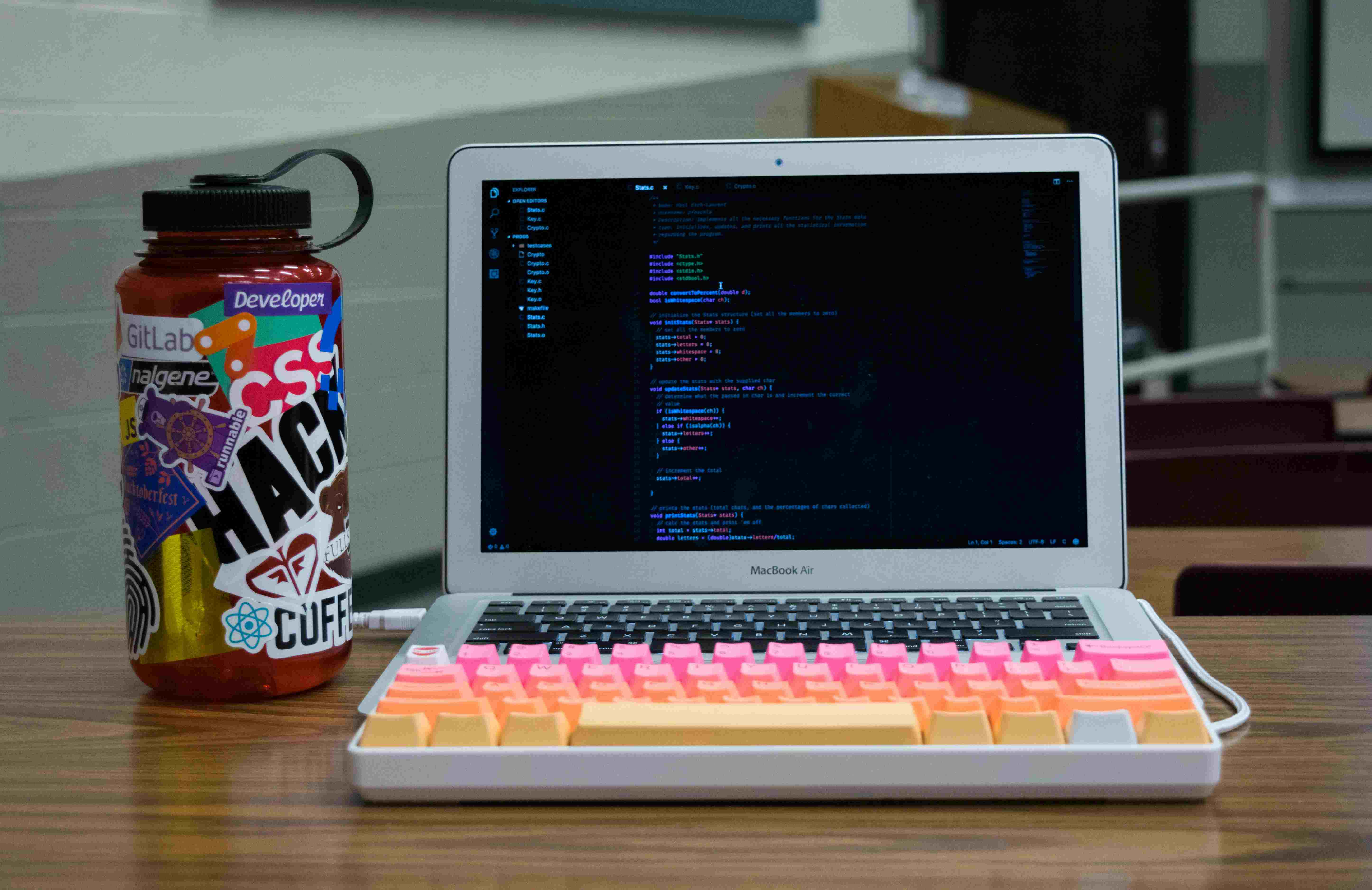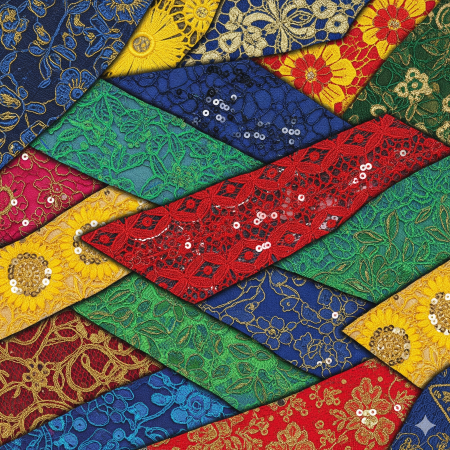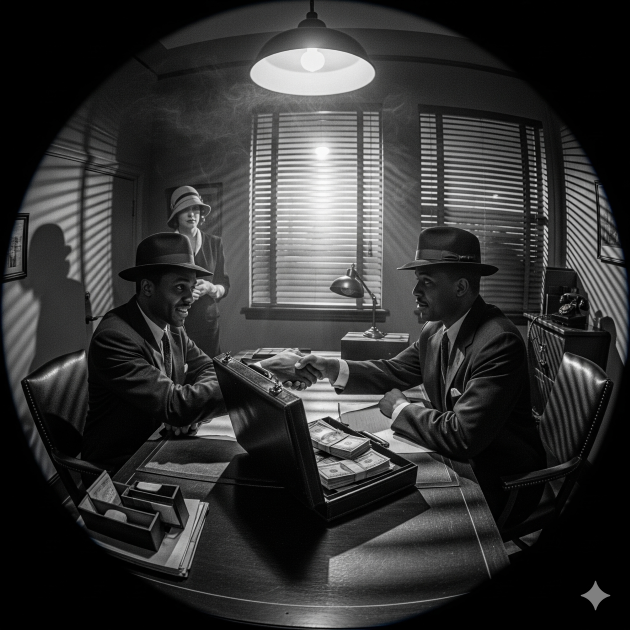Three Apps Rewriting The Lagos Civic Experience
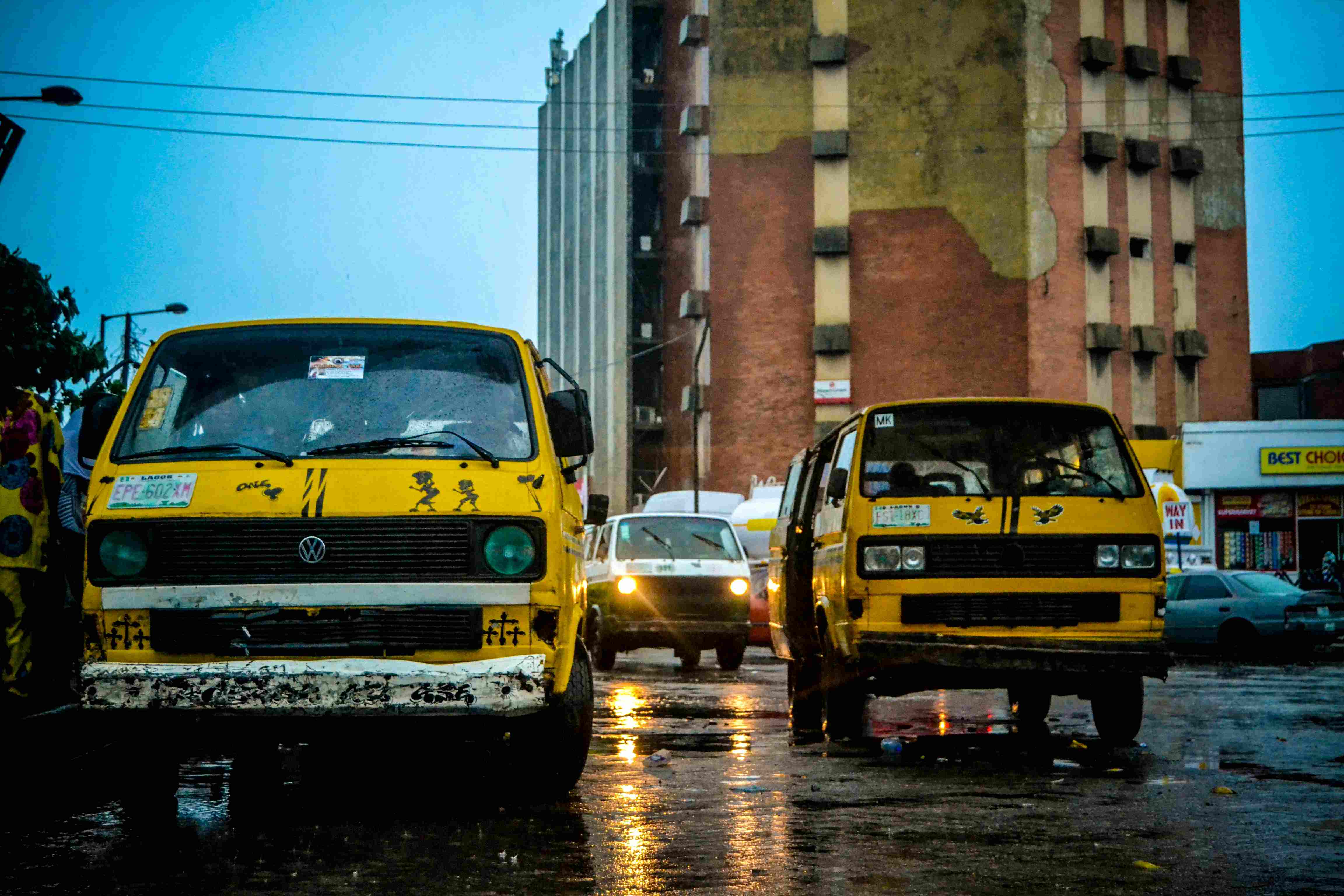
In Lagos, the daily rhythm is a complex choreography of traffic surges, neighborhood economies, street chatter, and political headlines. For decades, this city of over 20 million residents has thrived on human networks and analogue improvisation. Now, the state government is betting that the future of civic life can be condensed into a handful of icons on a smartphone screen.
Over the past year, Lagos has launched or amplified three key mobile apps designed to bring governance, planning, and information into the palms of its citizens: MyLagosApp, Lagos Television (LTV), and the Ministry of Physical Planning & Urban Development (MPP&UD) app. Together, they reveal a layered vision of digital governance in Africa’s largest city, while also exposing the challenges of bringing that vision to life.
MyLagosApp: The City as a Super-App
Image Credit: Unsplash
The most ambitious of the trio, MyLagosApp, arrived in March 2025 with the confidence of a product meant to be everything at once. Developed in partnership with MTN Nigeria and other stakeholders, the app promises to be a one-stop digital companion for residents, visitors, and businesses. Its menu reads like a condensed guide to the city: live traffic and transport updates, searchable directories of restaurants and businesses, government bill payments, tourism content, emergency alerts, events, jobs, and even community issue reporting.
The ambition is clear. By centralizing disparate services into one portal, Lagos hopes to save its residents time, improve communication between government and citizens, and make the city more navigable for tourists and investors. In theory, MyLagosApp can be a live reflection of the city’s mood and movement — an index of what Lagos is doing, watching, and worrying about.
The reality of launch day reminded everyone that no platform, however well-intentioned, is immune to growing pains. Within days of its debut, some users reported difficulty finding the app on Google Play, a glitch that underscored the fragile logistics of app store approval processes. The issue was resolved, but it left a trace of skepticism among early adopters.
Globally, MyLagosApp’s concept aligns with the “city super-app” movement seen in places like Dubai, where DubaiNow integrates over 130 government and private services, or in New York City, where NYC 311 has become the default channel for service requests and local updates. If Lagos can match the technical stability of these counterparts while maintaining a local flavor — blending transport data with street-market events and cultural listings, it could create one of Africa’s most compelling digital public squares.
Lagos Television App: State Media in Your Pocket
If MyLagosApp is a civic utility belt, the Lagos Television (LTV) app is a cultural loudspeaker. Available on both iOS and Android, the LTV app streams live broadcasts, delivers breaking news, and carries entertainment and lifestyle segments. It effectively places the state-owned station’s programming in the pockets of its audience.
Latest Tech News
Decode Africa's Digital Transformation
From Startups to Fintech Hubs - We Cover It All.
For many residents, especially those outside constant TV access, the LTV app is a direct line to official announcements, local political coverage, and real-time community updates. In an era when social media algorithms filter what users see, the app offers Lagos State a direct and unmediated channel to its audience.
More than just a broadcast medium, LTV’s mobile presence also gestures toward a participatory model. Users can share videos or photos of local events, subtly positioning citizens not only as viewers but as contributors to the public narrative. With over 5,000 Android downloads and a footprint on iOS, it is still small compared to commercial streaming platforms, but it plays a unique role: keeping the official voice of Lagos visible and portable.
In global context, LTV’s app mirrors moves by public broadcasters in cities like London or Paris, where mobile channels are now essential for reaching younger and mobile-first audiences. For Lagos, it is also a way of competing with the immediacy of WhatsApp-forwarded news and the velocity of TikTok clips.
MPP&UD App: Planning for a Smart City Future
Image credit: Unsplash
Where the LTV app deals in the immediacy of news and MyLagosApp juggles everyday services, the Ministry of Physical Planning & Urban Development (MPP&UD) app looks further ahead. Its mission is to communicate the ministry’s activities and vision as Lagos seeks to become a “SMART CITY of choice.”
Through this app, residents, developers, and other stakeholders can access information about planning permits, urban policy updates, infrastructure projects, and community regeneration programs. It is a transparency tool as much as it is a newsfeed, offering a clear window into the ministry’s strategies and priorities.
The MPP&UD app has about 5,000 Android downloads, is also available on iOS, and stands out for declaring zero data collection, encrypted communications, and support for user deletion requests. This privacy-conscious framing is notable in a time when government apps often face public distrust over surveillance concerns.
Internationally, it resembles platforms like Rwanda’s IremboGov or Estonia’s e-government portals, spaces where citizens can understand, track, and even influence the development of their cities. In Lagos’ case, the app’s potential lies in bridging the knowledge gap between policy and public perception, ensuring that large-scale plans do not remain abstract blueprints but become shared civic goals.
Patterns Across Africa: Lessons and Variations
Lagos’ app ecosystem is not emerging in isolation. Across Africa, city and national governments are experimenting with digital platforms to integrate transport, payments, and citizen reporting.
In Rwanda, IremboGov enables the processing of dozens of public services, from birth certificates to business permits — and supports both smartphones and USSD for feature phone access. In South Africa, Cape Town’s MyCiTi bus app provides live transit data, while Johannesburg’s municipal platforms focus on e-billing and service requests. In Kenya, Nairobi County uses its own digital payments portal alongside the national eCitizen platform.
Latest Tech News
Decode Africa's Digital Transformation
From Startups to Fintech Hubs - We Cover It All.
The most successful of these examples share a few traits: clear scope, multi-channel access beyond smartphones, and sustained maintenance budgets. The least successful tend to suffer from service fragmentation, poor marketing, or technical instability.
The Challenges Ahead
For Lagos, the promise of these three apps will be measured not only in download numbers but in sustained daily use and public trust. A few risks are already visible:
Digital exclusion: Without USSD or SMS equivalents, large segments of the population may be left out.
Trust in responsiveness: If citizen reports in MyLagosApp are not acted upon quickly, the feature could lose credibility.
App fatigue: With separate apps for different state functions, residents may feel overwhelmed or confused about which platform to use.
Data governance: Even with MPP&UD’s privacy commitments, broader concerns remain about how user data is stored, shared, and protected.
These are not small issues. The rollout of SeeClickFix in some US cities, for example, showed that unresolved reports can erode public trust faster than the technology can be improved.
A Digital Civic Ecosystem, Not Just Three Apps
Taken together, MyLagosApp, LTV, and MPP&UD represent more than a trio of software products. They are the outline of a digital civic ecosystem — one where the state communicates, plans, and coordinates with its residents in real time.
The question now is whether Lagos can integrate them more seamlessly. Imagine if LTV’s breaking news on an infrastructure project linked directly to the MPP&UD app’s project details, or if MyLagosApp’s events section embedded LTV’s live coverage. This kind of cross-app linking could make the experience feel coherent, not fragmented.
There is also an opportunity to think beyond smartphones. Lagos could adopt IremboGov’s inclusive approach by offering core services through USSD, enabling participation from residents without mobile data. This is not only a social equity issue but also a resilience strategy for when connectivity falters.
Latest Tech News
Decode Africa's Digital Transformation
From Startups to Fintech Hubs - We Cover It All.
Conclusion: From Icons to Infrastructure
Cities are often described in terms of their physical infrastructure — bridges, roads, and buildings. But in the twenty-first century, digital infrastructure is just as critical. For Lagos, these three apps are early building blocks in that domain. MyLagosApp seeks to be the city’s all-in-one service hub. The LTV app brings the state’s voice to every pocket. The MPP&UD app opens the curtain on urban planning.
If they work as intended, these platforms could make Lagos not just a mega-city but a connected city, one where governance is as close as your home screen. The challenge is to make sure they are not just glossy icons but trusted, accessible, and genuinely useful tools in the daily life of every Lagosian.
You may also like...
Bundesliga's New Nigerian Star Shines: Ogundu's Explosive Augsburg Debut!

Nigerian players experienced a weekend of mixed results in the German Bundesliga's 23rd match day. Uchenna Ogundu enjoye...
Capello Unleashes Juventus' Secret Weapon Against Osimhen in UCL Showdown!

Juventus faces an uphill battle against Galatasaray in the UEFA Champions League Round of 16 second leg, needing to over...
Berlinale Shocker: 'Yellow Letters' Takes Golden Bear, 'AnyMart' Director Debuts!

The Berlin Film Festival honored
Shocking Trend: Sudan's 'Lion Cubs' – Child Soldiers Going Viral on TikTok

A joint investigation reveals that child soldiers, dubbed 'lion cubs,' have become viral sensations on TikTok and other ...
Gregory Maqoma's 'Genesis': A Powerful Artistic Call for Healing in South Africa

Gregory Maqoma's new dance-opera, "Genesis: The Beginning and End of Time," has premiered in Cape Town, offering a capti...
Massive Rivian 2026.03 Update Boosts R1 Performance and Utility!

Rivian's latest software update, 2026.03, brings substantial enhancements to its R1S SUV and R1T pickup, broadening perf...
Bitcoin's Dire 29% Drop: VanEck Signals Seller Exhaustion Amid Market Carnage!

Bitcoin has suffered a sharp 29% price drop, but a VanEck report suggests seller exhaustion and a potential market botto...
Crypto Titans Shake-Up: Ripple & Deutsche Bank Partner, XRP Dips, CZ's UAE Bitcoin Mining Role Revealed!

Deutsche Bank is set to adopt Ripple's technology for faster, cheaper cross-border payments, marking a significant insti...

